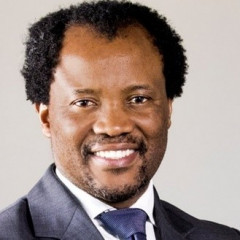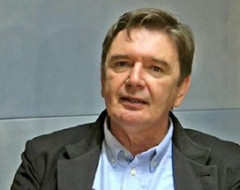One of the key reasons behind the national protests on universities concerns student debt. The National Student Financial Aid Scheme estimates that total accumulated debt stands at R36.4 billion since the end of March 2020. For 106 494 students who graduated between 2010 and 2020, an amount of R10.4 billion is owed to 21 out of the 26 public universities according to reports in The Times. One student owes a staggering R400 000 in unpaid debt.
Accumulated debt strangles families. It places a heavy burden on the backs of graduates as they enter the workplace. It leads to deregistration of students who cannot continue their studies unless they repay the debt in part or in full. University administrations, conscious of the steady decline in state funding in real terms, are reluctant to allow students to continue studies without paying outstanding fees.
Students are desperate to study while universities want to remain financially viable. What are some realistic solutions to the problem? What can we learn from other countries? Or are we doomed to remain inside these endless cycles of protests, sometimes violence, disruptions of academic calendars, and the constant frustration of the academic project?




